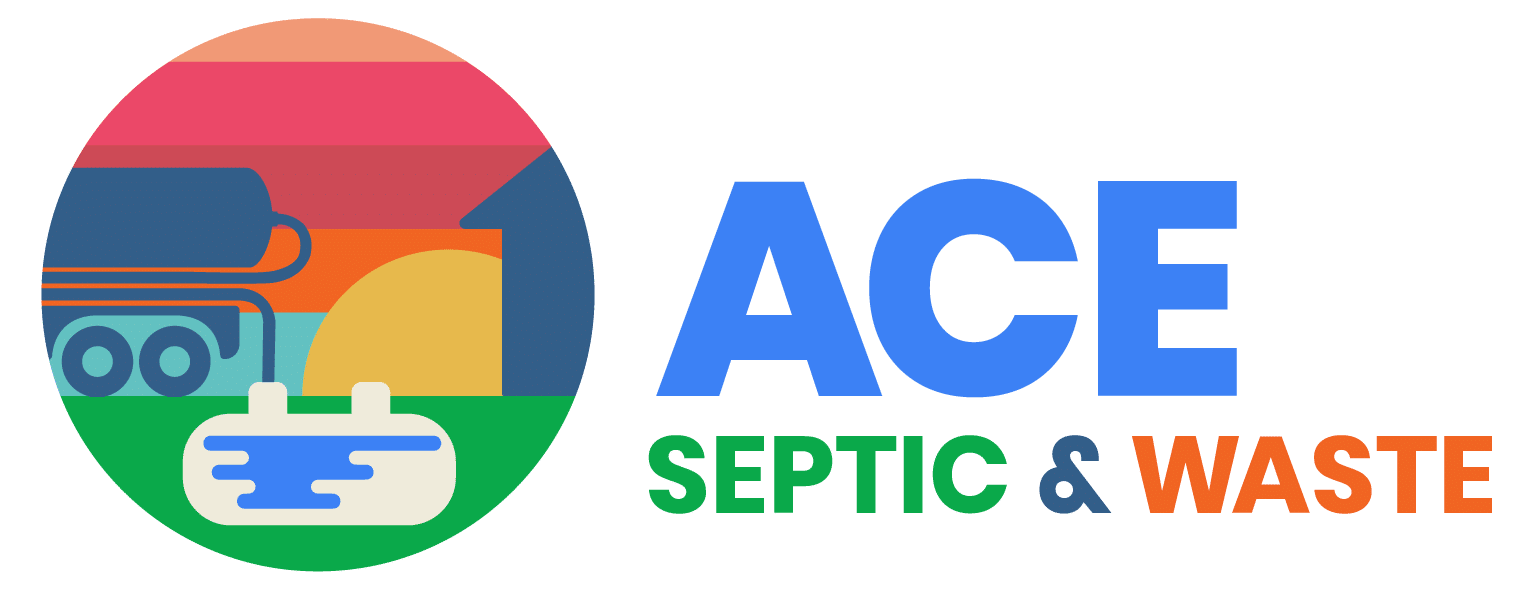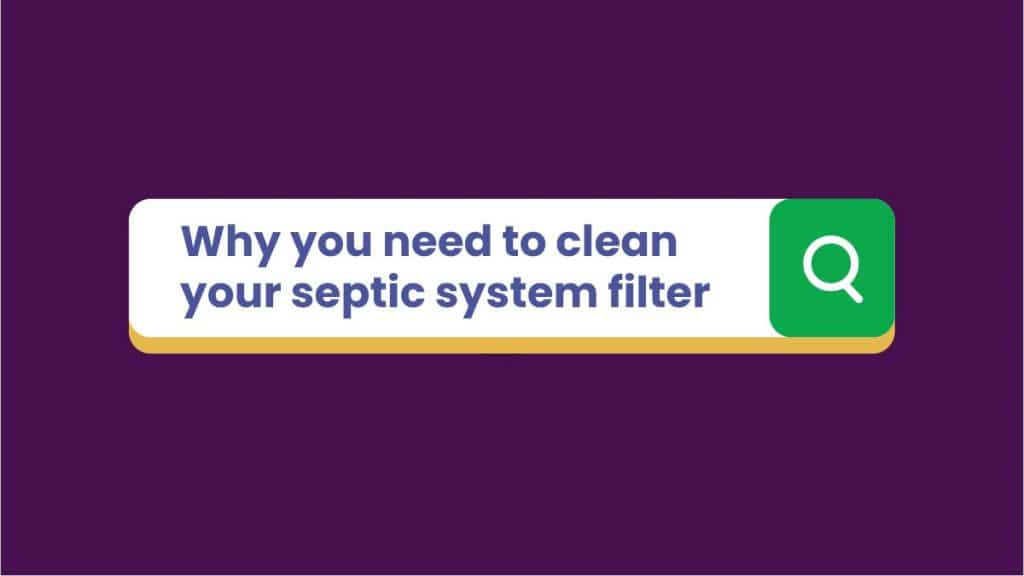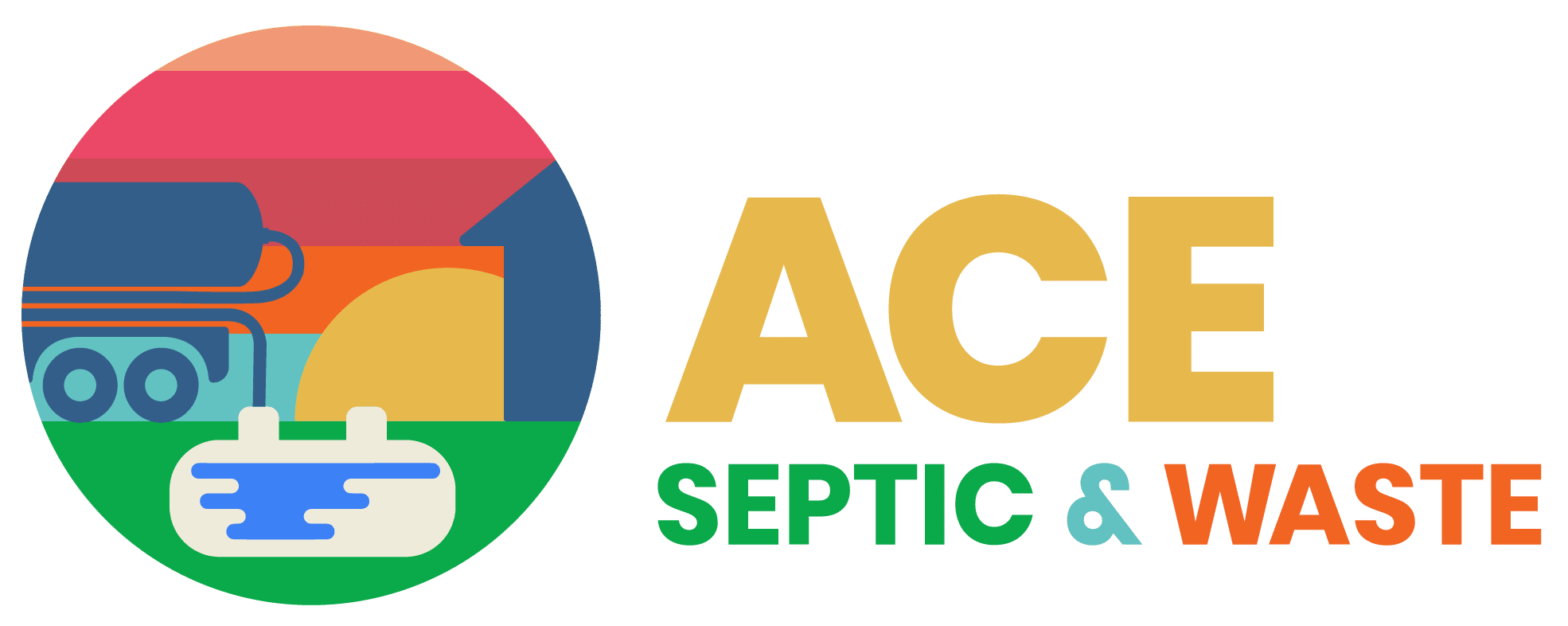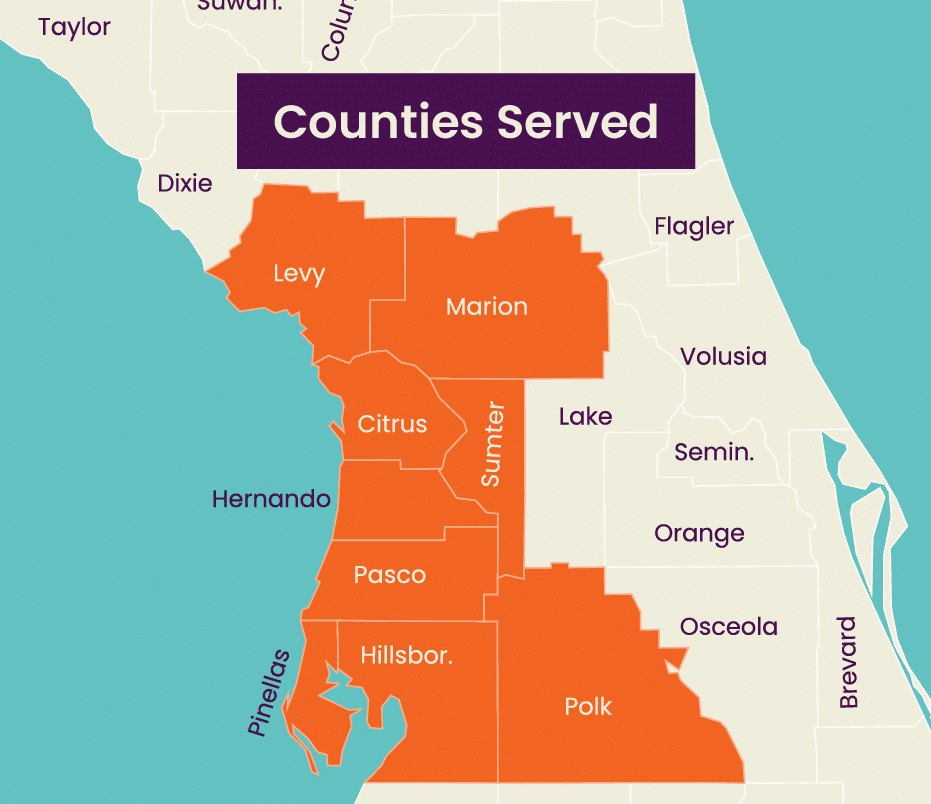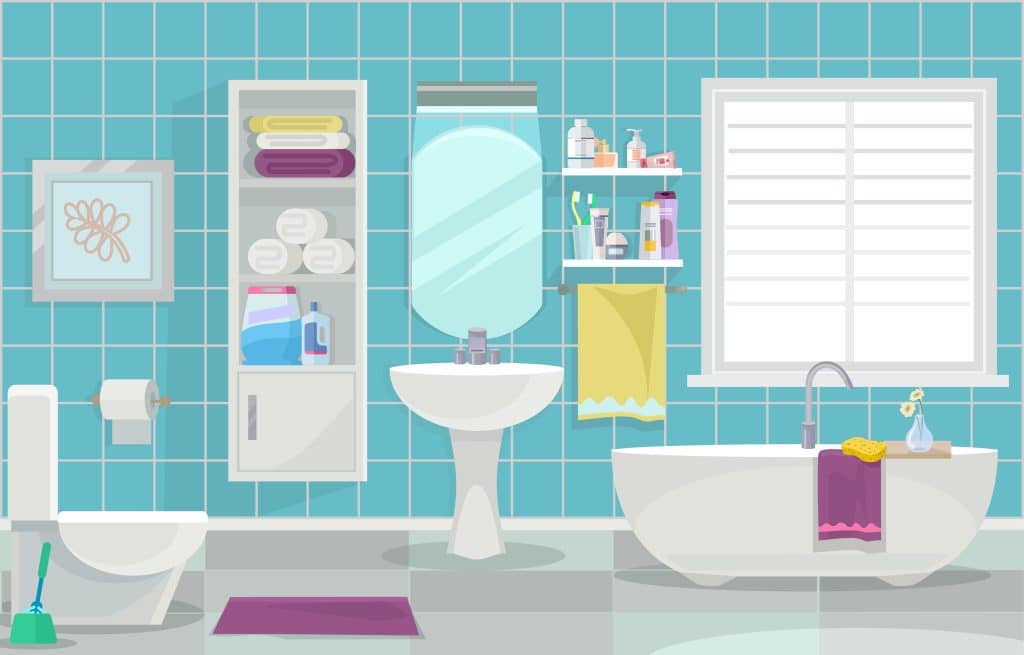
Your septic system plays an important role in managing wastewater from your home. Understanding what not to flush into your septic tank is essential for smooth operation. While it might seem convenient to treat your toilet like a garbage bin, doing so can lead to costly repairs and harmful environmental consequences. In this article, we’ll explore the dos and don’ts of septic system maintenance and help you make more responsible choices to protect your septic system.
What Can Harm Your Septic Tank
Before we explore what items to avoid flushing into your septic system, let’s understand what can harm your septic tank in the first place. Your septic tank relies on beneficial bacteria to break down solids and treat wastewater. Harsh chemicals and non-biodegradable materials can disrupt this delicate ecosystem and lead to septic system issues. In addition to harming the bacteria, some items will not break down properly and will instead clog your tank.
Everyday Items That You Shouldn’t Flush
- Non-Biodegradable Wipes: Despite their labeling as “flushable,” many so-called flushable wipes do not break down as effectively as toilet paper. These wipes can accumulate in your septic tank and lead to blockages over time.
- Paper Towels and Tissues: Similar to wipes, paper towels and tissues do not disintegrate as quickly as toilet paper. Flushing these items can contribute to clogs and backups.
- Feminine Hygiene Products: Tampons and sanitary pads should never get flushed into your septic system. They can swell and cause obstructions.
- Dental Floss: Dental floss might seem innocuous, but it can wrap around and clog pumps and impellers within your septic system.
- Cotton Balls and Swabs: These cotton-based items do not break down quickly and can block pipes, baffles, or pumps.
- Cooking Grease and Oils: Pouring cooking oils and fats down the drain can lead to a thick, greasy layer inside your septic tank, hindering its function.
- Household Chemicals: Chemicals like bleach, disinfectants, and potent cleaning agents can harm the beneficial bacteria in your septic tank.
- Medications: Flushing expired or unused medications can contaminate the groundwater and harm the environment.
- Cat Litter: Cat litter, even the flushable variety, should not enter your septic system. It does not break down easily and can cause blockages.
Maintaining a Healthy Septic System
Proper septic system maintenance starts with responsible flushing. Here are some key tips to ensure your system remains trouble-free:
- Use septic-safe toilet paper: Choose toilet paper specifically labeled as safe for septic systems. These options break down more easily.
- Perform regular inspections: Have your septic system inspected and pumped per the recommendations of professionals like ACE Septic & Waste. Regular maintenance can prevent issues from arising.
- Install a lint filter on washing machines: This can help reduce the number of microplastic fibers entering your septic system.
- Be cautious with excessive water usage: Overusing water can overload your septic system.
- Divert stormwater and surface runoff away from your drain field to prevent oversaturation.
- Educate your household: Make sure everyone in your home knows what should and shouldn’t be flushed. Proper education can prevent costly mistakes.
By following these guidelines and being mindful of what not to flush into your septic tank, you can maintain a healthy and efficient septic system. However, if you ever face septic issues, don’t hesitate to contact ACE Septic and Waste for expert assistance.
Don’t let your septic system become a headache. Contact ACE Septic and Waste for professional septic services and ensure your system runs smoothly for years. Your septic system (and your wallet) will thank you for it!
